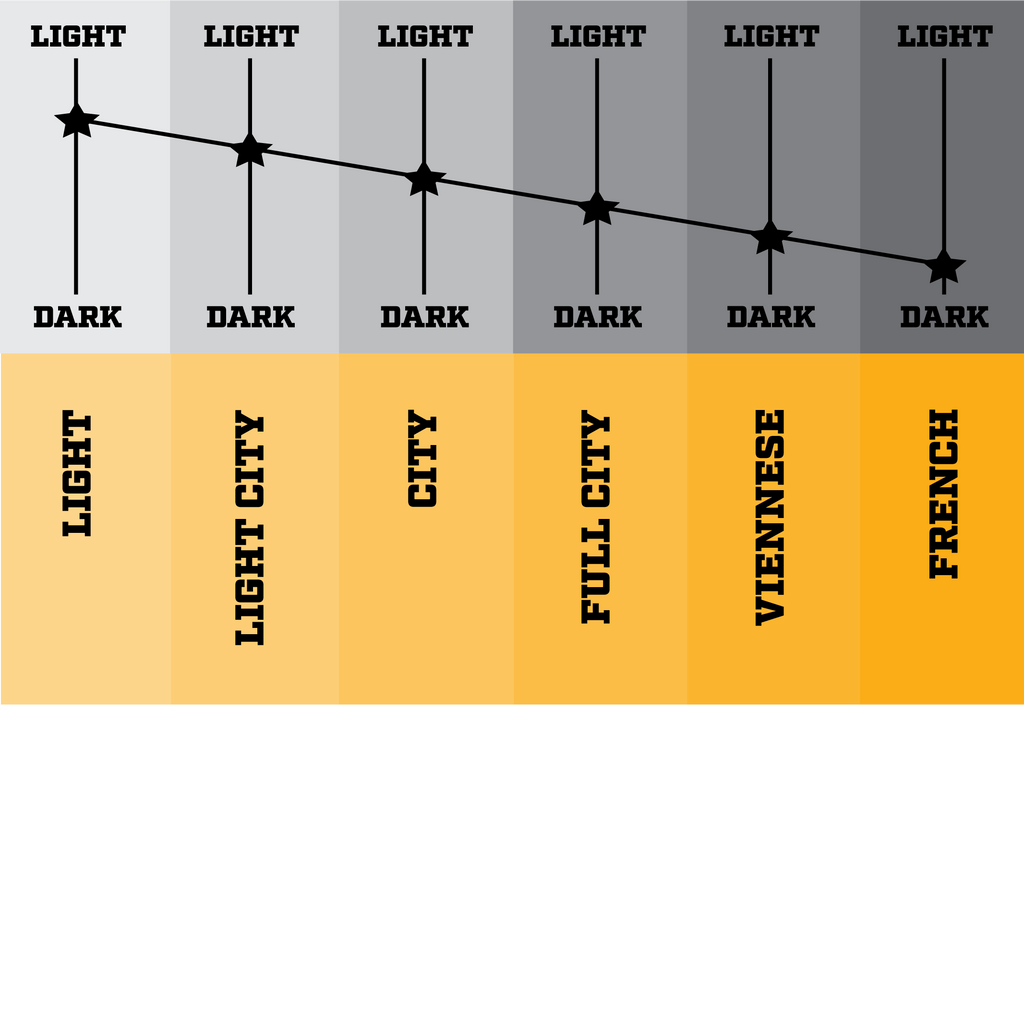It's Not Like Cooking...It Is Cooking
Following a recipe is not cooking, it's assembling. Sure it's good to know the basic ingredients and order of operations, but actual cooking starts where the recipe ends. Cooking takes patience, preparation, and perseverance, and if done right is more of an art than a science. If you've ever asked a great cook for a recipe, they likely laughed and maybe begrudgingly handed you something with some ingredients written on it. That's because you can't write down how to make great food. It takes practice, and attention to detail at each step of the process, and great cooks are constantly tweaking and adjusting on the fly as they test their creation. They start with the basic ingredients, then they experiment with quantity, variations, and new ingredients. In some cases they throw the recipe out all together and concoct their own. Even the most disciplined recipe follower will play with the timing and cooking method. Cooking takes time and commitment, but most of all it takes a willingness to dive in, get messy, mess up and get better each time. Recipes are great, but they're just a suggestion. If you want great food that tastes great to you, then you have to cook.
That brings us to making coffee. You can throw a pod in a Keurig (if it fits) and something will come out, but that's no more making coffee than microwaving a frozen dinner is cooking. If you want great coffee, you have to make it. Like cooking, a recipe can be helpful, but just following a recipe isn't really making coffee either. Any brewing device you buy will come with instructions and there is no shortage of brew guides on the web, but while most will tell you exactly how much coffee to use and how to grind it, that, like a recipe, is just the starting point. We respect the science of coffee, but we're craftsmen so we love the art. We don't roast our coffee according to some generic formula and we don't think you should make coffee that way either. Whichever method you're using (pour over, kemex, french press, drip), start experimenting with your process and craft your coffee so that it tastes great to you. That may mean a little more coffee, a finer grind, or a longer brew time. The suggested measurements are a good place to start, but you have to free yourself from those limitations if you want to MAKE coffee. As you perfect your craft keep a few things in mind.
Just as with cooking, when it comes to ingredients, the fresher the better. We make it easy for you to get freshly roasted coffee, but if you want your coffee to be as fresh as possible, you should buy it whole bean, store it in an airtight container, and grind it just before making it. The quality of your water, which is your main ingredient is also very important. We highly recommend filtering your water so that you don't compromise the taste of the coffee. As a general rule if water has a taste, it will make bad tasting coffee. Water temperature is also important. You don't want to use boiling water and you don't want to use water that isn't hot enough. The ideal temp to extract the best flavor is around 200 degrees fahrenheit (212 degrees is boiling). Keeping these basics in mind you can experiment with all kinds of coffees, grinds, methods, coffee to water ratios, and brew times and you will be a great coffee maker.
In summary, make coffee and don't worry about doing it exactly the way someone else tells you, it's an art!


Roast Master
Author